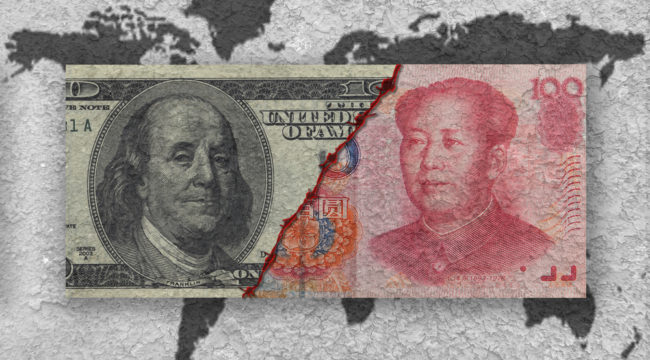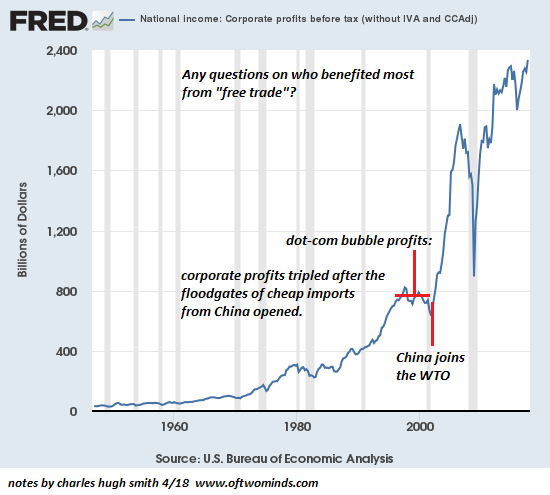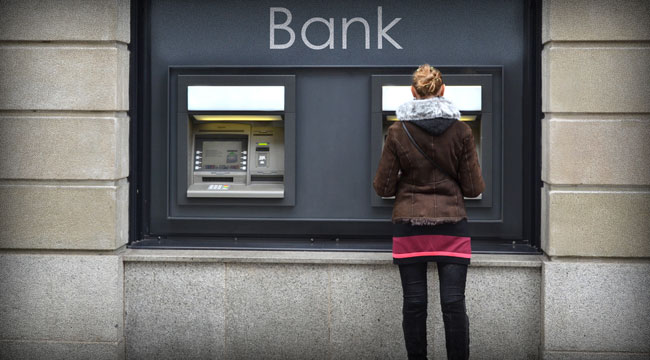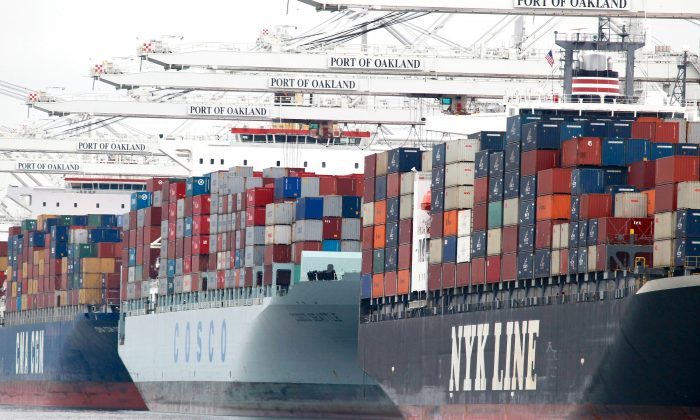Why Trade Wars Will Unleash Central Banks
There’s been an abundance of coverage surrounding the recent steel and aluminum tariffs. Those measures could hurt more sectors than they help within the U.S. In particular, it could damage businesses that require metals because they’ll have to pay more for raw materials.
Trade wars also escalate geopolitical tensions and economic hardships the world over. They have in the past. When the U.S. imposed tariffs in the 1930’s to try to relieve the Great Depression at home, they achieved the opposite effect.
A global trade war flared, governments became isolated and initiated defensive build-ups. The move ultimately resulted in lower production, reduced global trade and a prolonged international depression that gave rise to WWII.
While the early Great Depression period in which President Hoover invoked harsh trade wars might be different than today, the threat of instability remains. What we saw then was a slowdown in the world economy that lead to regional aggressions and ultimately a world war.
The major differences now are that we have central banks financing markets — and by extension a military buildup.
Countries are better insulated today than they were in those days. By insulating themselves, they now have more choices about who their trading partners are, and what regional or multilateral agreements they enter.
That’s one reason China is championing regional trade agreements throughout Asia and the Pacific Rim, and inked bi-lateral deals with Japan and the EU last year. Those nations are growing less reliant on U.S. trade and, like good portfolio managers, are diversifying their trade partners.
The U.S. tariffs will likely accelerate this trend.
The tariffs, and super-regional build-ups, will also do something else. Trade wars will morph into an acceleration in global military spending. That’s because the tensions from trade wars have military ramifications.
…click on the above link to read the rest of the article…














